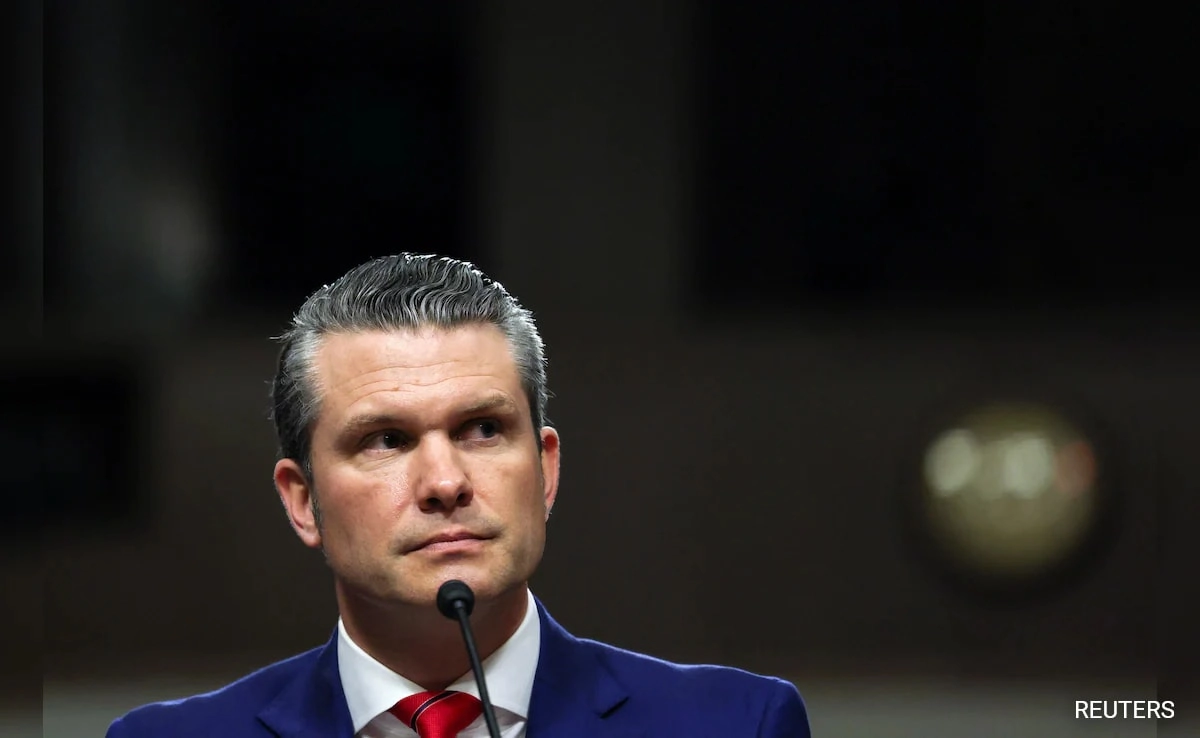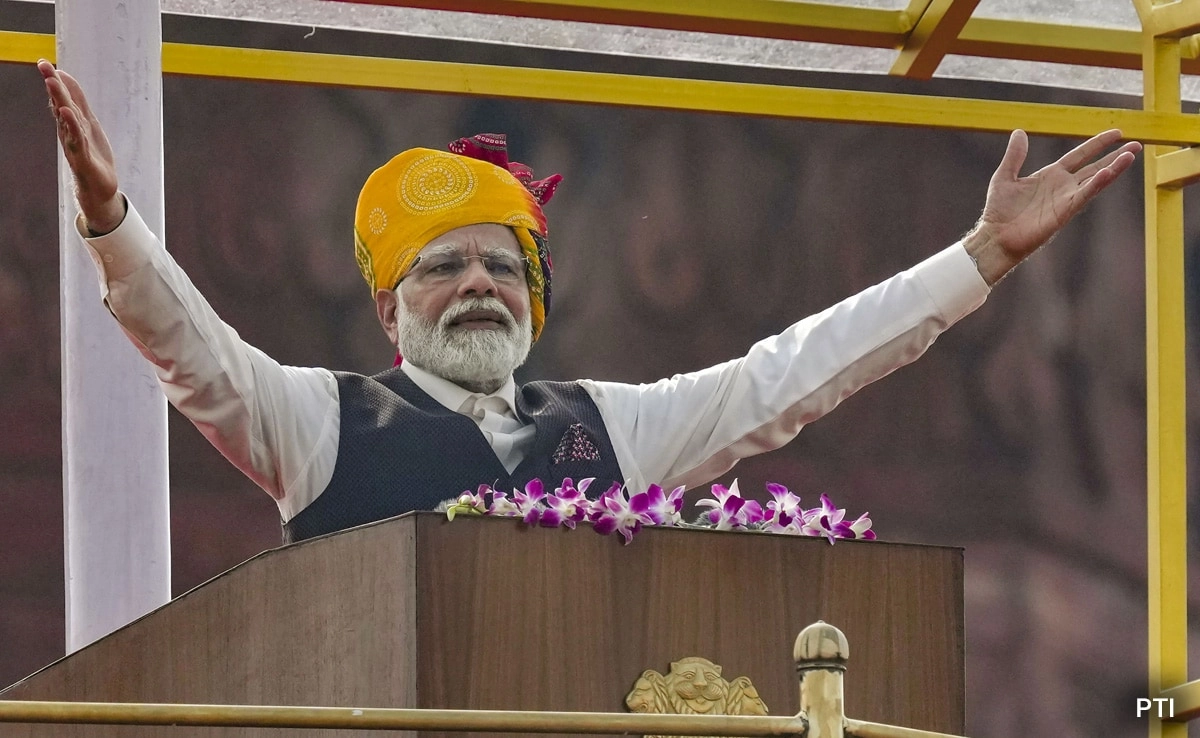In a surprising revelation, it has come to light that the U.S. Defense Secretary shared sensitive details regarding military strategies related to the Yemen conflict not only with high-ranking officials but also with his family. This disclosure raises significant concerns about the handling of classified information and the protocols surrounding the sharing of military plans. The Yemen war, which has been ongoing for several years, involves complex dynamics and various factions, making it a crucial area of focus for U.S. foreign policy and military strategy.
The sharing of such information with family members, who are not privy to the necessary security clearances, could potentially compromise operational security. It underscores a troubling trend where personal relationships intersect with national security matters. The implications of such actions could extend beyond individual accountability, potentially affecting broader military operations and the safety of personnel involved in the conflict. If family members were to inadvertently disclose this information, it could provide adversaries with insights into U.S. strategies and weaken the effectiveness of military operations in the region.
Experts in military ethics and security are now calling for a review of policies regarding the dissemination of sensitive information, particularly in light of this incident. They emphasize the importance of maintaining strict boundaries when it comes to national security matters, especially in conflict zones like Yemen, where the stakes are incredibly high. Furthermore, this situation highlights the need for robust training and awareness programs for military leaders regarding the handling of classified information, ensuring that they understand the potential repercussions of their actions.
As the U.S. continues to navigate its role in the Yemen conflict, incidents like these could have lasting repercussions on public trust in military leadership and the government’s commitment to safeguarding sensitive information. Transparency and accountability will be crucial moving forward, as the U.S. seeks to maintain its strategic interests while ensuring that operational security is not compromised by personal indiscretions. The situation serves as a wake-up call to reinforce the importance of adhering to established protocols in the realm of national security.




